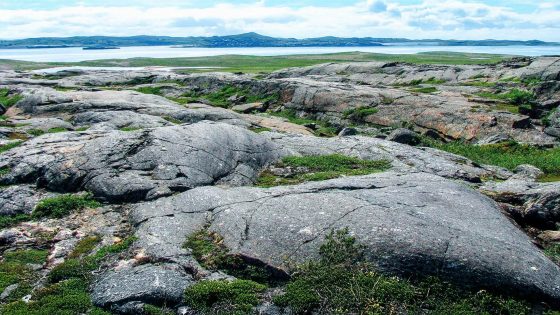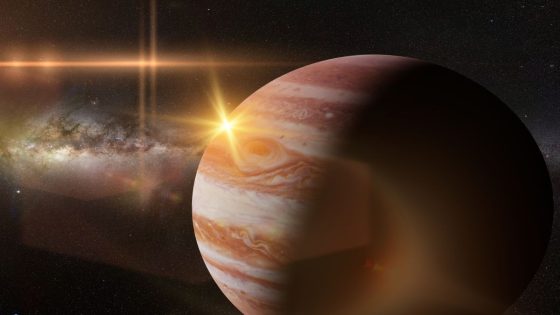The discovery of the oldest rocks on Earth offers a fascinating glimpse into our planet’s early history. These ancient stones, recently found in northern Quebec, push the boundaries of our understanding of the Hadean eon, which began around 4.6 billion years ago. On June 30, 2025, researchers confirmed that these rocks date back to a time when Earth was still forming, providing insights into conditions that may have led to the emergence of life.
- Discovery of Earth's oldest rocks in Quebec
- Research led by Jonathan O’Neil
- Hadean eon: Earth's chaotic origin story
- Radiometric dating confirms rock age
- Insights into early continental formation
- Connection between ancient rocks and life origins
Led by Jonathan O’Neil from the University of Ottawa, the research team has established that the Nuvvuagittuq Greenstone Belt may hold remnants of Earth’s earliest crust. This discovery not only sheds light on the chaotic origins of our planet but also raises questions about how life began in such a hostile environment.
This groundbreaking research underscores the importance of studying ancient geological formations. What can these rocks teach US about the conditions that fostered life? Understanding their composition and age can help scientists reconstruct Earth’s formative years.
- The Nuvvuagittuq rocks may be the only known remnants of Hadean crust.
- Advanced radiometric dating techniques confirmed their age at 4.16 billion years.
- These findings could reshape our understanding of early continental formation.
As scientists continue to explore these ancient rocks, we may unlock further secrets about our planet’s origins and the processes that led to the development of life. The journey into Earth’s past is just beginning.
































